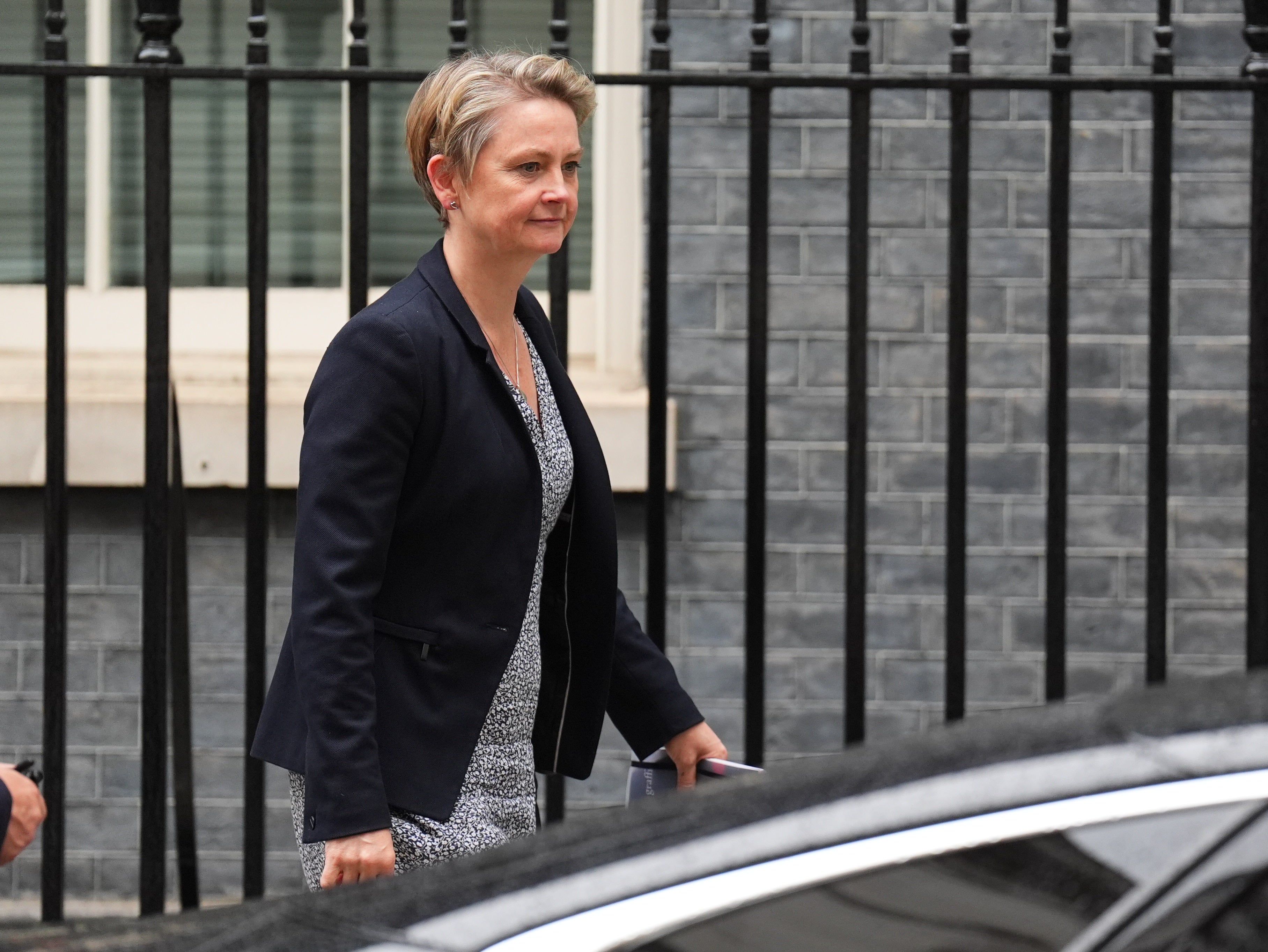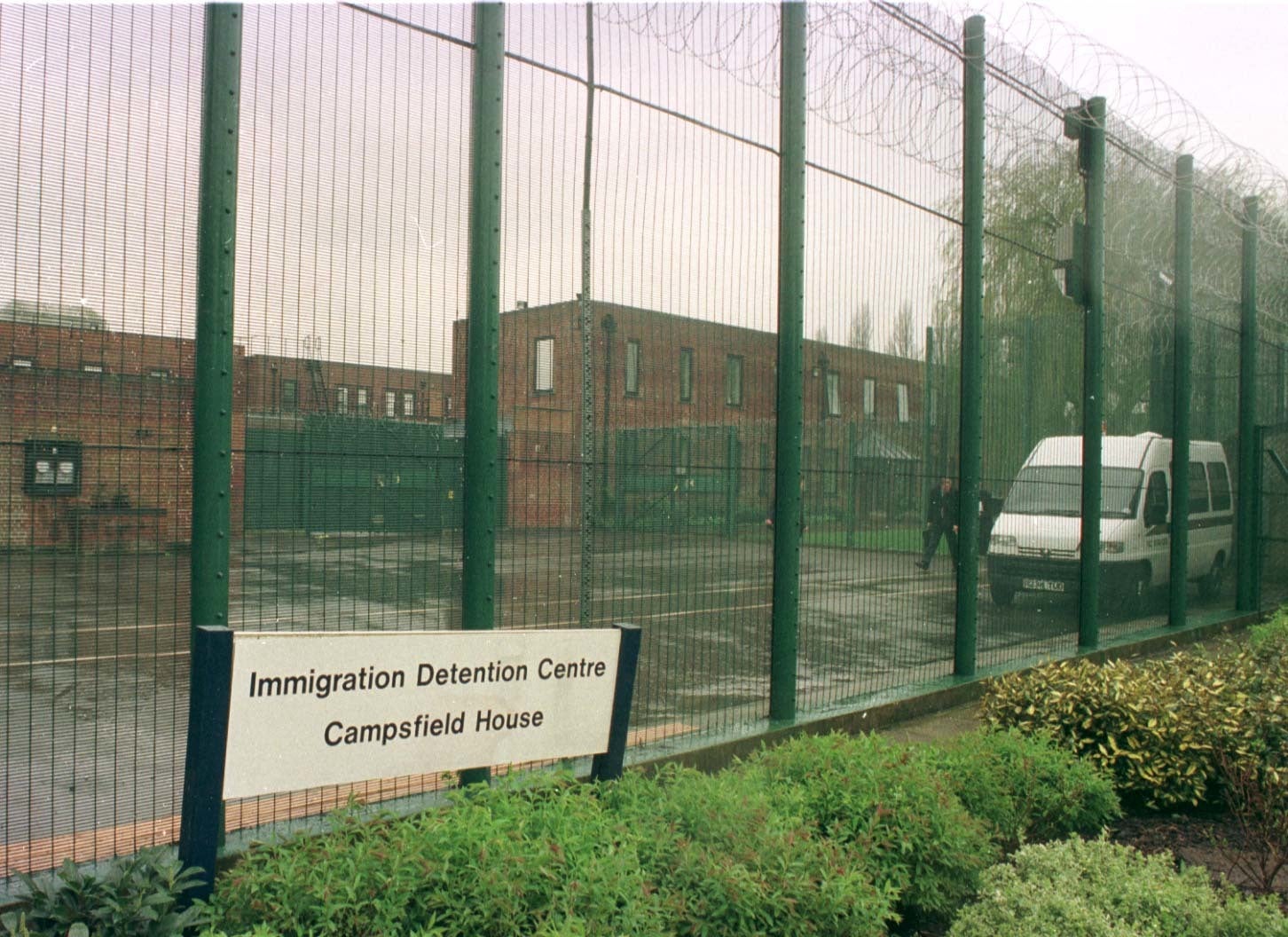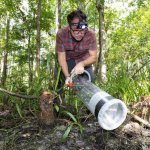Yvette Cooper is facing backlash over plans to reopen two troubled detention centres as part of a crackdown on immigration.
On Wednesday, the home secretary announced a series of measures aimed at tackling illegal migration and improving border security, including a pledge to return the number of failed asylum seekers sent back to their home countries to 2018 levels over the next six months, meaning more than 14,000 deportations by the end of the year.
However, the 14,000 figure is far lower than the 45,000 returned in 2010 under the former Labour government and less than the 19,000 migrants who have arrived in Britain by crossing the Channel in small boats so far this year.
The government also revealed plans to increase detention capacity with 290 beds at two immigration removal centres, Campsfield in Kidlington, Oxfordshire, and Haslar in Gosport, Hampshire. But these plans are being criticised as a backwards step as both sites were plagued with problems before they shut in 2019 and 2015 respectively, including hunger strikes and suicides.
Critics say the plans are a waste of taxpayer money, lack detail and fail to recognise “the dignity and humanity of migrants”, especially in the wake of recent racist riots that targeted hotels housing asylum seekers across the country.

Amnesty International’s refugee and migrant rights programme director Steve Valdez-Symonds accused Labour of reheating the Conservative government’s rhetoric around border security.
“People in urgent need – including those fleeing war and persecution in places like Sudan, Afghanistan, Syria and Iran – will keep coming to the UK and other countries, and the government needs to establish safe routes that reduce the perils of dangerous border crossings and the risk of exploitation by ruthless smuggling gangs,” he said. “This ‘securitised’ approach to asylum and immigration will simply deter and punish many of the people most in need of crossing borders, people who are therefore often most vulnerable to criminal exploitation.”
Dr Peter Walsh, a senior researcher at the Migration Observatory, told The Independent that Ms Cooper’s announcement “lacked the detail required to know how the government plans to increase the removal of failed asylum seekers”.
“There are different challenges the government faces in returning unsuccessful asylum seekers,” he said. “Some may raise legal challenges against their removal, such as if they have formed family ties in the UK. A number of unsuccessful asylum seekers also come from countries to which we have recently struggled to return asylum seekers, such as Iraq and Iran. Some countries of origin may refuse to take back their own citizens. How exactly the government plans to deal with these challenges remains, for the time being, unclear.”

He said the government is not working against “a particularly high bar” with its target to return to 2018 levels, when there were just 24,928 removals. Under the last Labour government in 2010, there were 45,690 returns of failed asylum seekers, Migration Observatory figures show.
Tory leadership contender and shadow home secretary James Cleverly said Labour needed to “offer a credible solution that will cut immigration and stop the boats”.
Mr Cleverly said: “Labour clearly aren’t serious about tackling the people smugglers or stopping the boats. While more NCA resource and detention capacity is welcome, this is not nearly ambitious enough. Paired with their moves to cancel our deterrent, give an effective amnesty to thousands of illegal migrants, and failure to hire a head of their phantom border command, it doesn’t scratch the surface.”

And Enver Solomon, chief executive of charity the Refugee Council, said the government is “wasting taxpayers’ money on expanding detention places”.
“Instead, the government should be investing in what are called voluntary returns programmes,” he told BBC Radio 4’s Today programme.
“If you treat people with respect, humanity, and support them to return, many more people return. Two-thirds of people who have their asylum claims rejected return voluntarily. The government should be supporting them in the community to return and not building more detention places.”
Home Office figures showed 206 migrants crossed the English Channel in three boats on Monday, which has taken the 2024 provisional total crossings to 19,294. This is a 10 per cent increase on the figure recorded last year, which was 17,620 though the latest figure is 10 per cent down on 2022, when 21,344 crossings were recorded in the same period.

As well as pressing ahead with the previous government’s plans to reopen immigration removal centres, the government will boost staffing at the National Crime Agency (NCA), the UK-wide body which has around 70 active investigations into people smuggling and trafficking groups.
Ms Cooper also promised new officials as part of the Border Security Command would “work with European enforcement agencies to find every route to smashing the criminal smuggling gangs organising dangerous boat crossings which undermine our border security and put lives at risk”.
She also fleshed out plans for the Border Security Command, promising up to 100 new specialists working on around 70 NCA investigations into smuggling and trafficking networks. On Tuesday night, she said Labour’s Border Security Command, aimed at stopping migrants travelling to the UK over the Channel in the first place, “is gearing up”.
“We are taking strong and clear steps to boost our border security and ensure the rules are respected and enforced,” the home secretary said. “Our new Border Security Command is already gearing up, with new staff being urgently recruited and additional staff already stationed across Europe, working with European enforcement agencies to find every route in to smashing the criminal smuggling gangs organising dangerous boat crossings which undermine our border security and putting lives at risk.
“And by increasing enforcement capabilities and returns, we will establish a system that is better controlled and managed, in place of the chaos that has blighted the system for far too long.”











